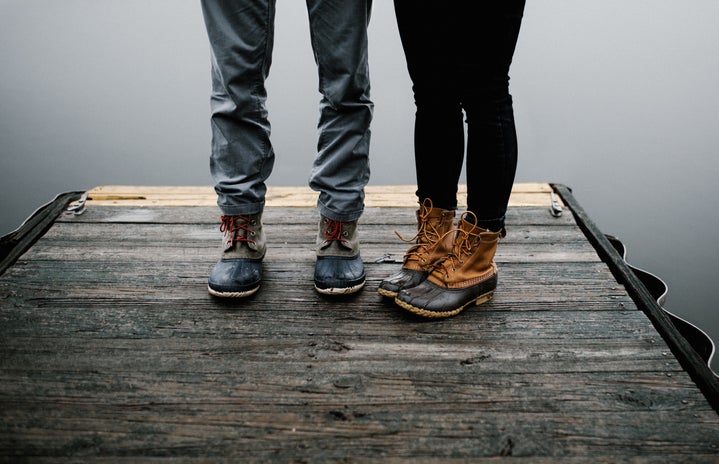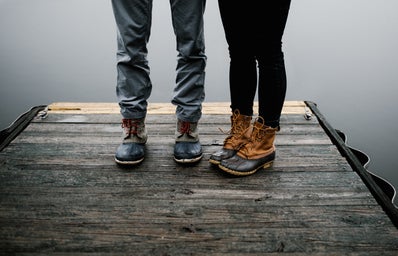I think what makes the Bi community so unique and great is that we are all different; we don’t all look the same, sound the same, or act the same – yet we do inevitably share the same stigmas against us.
In an effort to clear up some confusion about the Bi community, and perhaps myself, I am going to go ahead and out myself for probably the hundredth time. First off, “coming out” may appear to be a one-time gig of self-disclosure, but that could not be further from the truth. For gay people who don’t fit those silly stereotypes straight people have created, and for most bisexuals in general, “coming out” is a never-ending process. People try to be open-minded today but most, more often than not, totally predetermine your sexuality by whomever you’re dating at the moment. This may be shocking, but I do in fact like guys and girls (that’s right, I wasn’t just swooning over Ryan Gosling in “The Notebook”). So, you know what that means? It means that even if I’m dating a guy I can still like girls, and even if I’m dating a girl I can still like guys.
Not to put anyone into further shock, but I do not like both genders equally either. It is far from a 50/50 kind of deal we have going on here, despite the preconceptions that come with the meaning behind “bi.” Society has been trained to believe that “bi” is a moniker for not only “two,” but also “half “ or “split evenly,” so to no surprise bisexuals are often annoyingly assumed to be equally attracted to both genders (as if human sexuality ever worked that way).
Let’s be real: human sexuality is very gray, and the Kinsey Scale only helps to prove that. So, the whole 50/50 myth about bisexual individuals liking both genders very equally and concretely, needs to be erased once and for all, because it only alienates those of us who are very fluid in our attractions between genders. I, for one, have fluctuating preferences, although I do tend to have a greater attraction toward women. Ultimately, I would never put a percentage on my attraction toward gender (especially not a 50/50 one). That would be like having to rate my experiences with both genders, and to me being bisexual is having the potential to be sexually and/or romantically attracted to both genders; to experience both of them in completely separate ways, thus making it difficult to put any kind of “measure” on my preferences.
I will never forget the first time I came out to my mom. She did not fully understand bisexuality at first (like a good number of people I know). She thought I had been “confused” and proposed that I might actually be gay, and actually told me this whole thing would be a lot easier to understand had I just been gay instead, as she could see me liking one gender, but liking two was just too much to process. Additionally, she questioned whether or not I would be able to have a monogamous relationship and we, of course, hit a few biphobic bumps along the road. Being under the impression that I would need to be with a man and a woman simultaneously to be satisfied, I instantly reassured her that I was merely bisexual and that did not change my desire to practice monogamy. It is not right to equate bisexuality with polygamy, or polyamory for that matter. It makes the assumption that bisexuals can’t ever be trusted to stay with one person, or that they will cheat on whoever they are with.
While I do hate to put a label on sexuality in general, because it is so fluid, bisexuality is very real, and does exist just as much as biphobia does! Human sexuality is so diverse, so let’s please spread more love and stop the hate. Let’s also remember that no bisexual is “more” bisexual than another; no bisexual is “better” than another bisexual; no homosexual is better than a bisexual (and vice versa); and no heterosexual is better than a homosexual. At the end of the day, preferences don’t matter at all really. It’s the person you are with, who truly matters.

